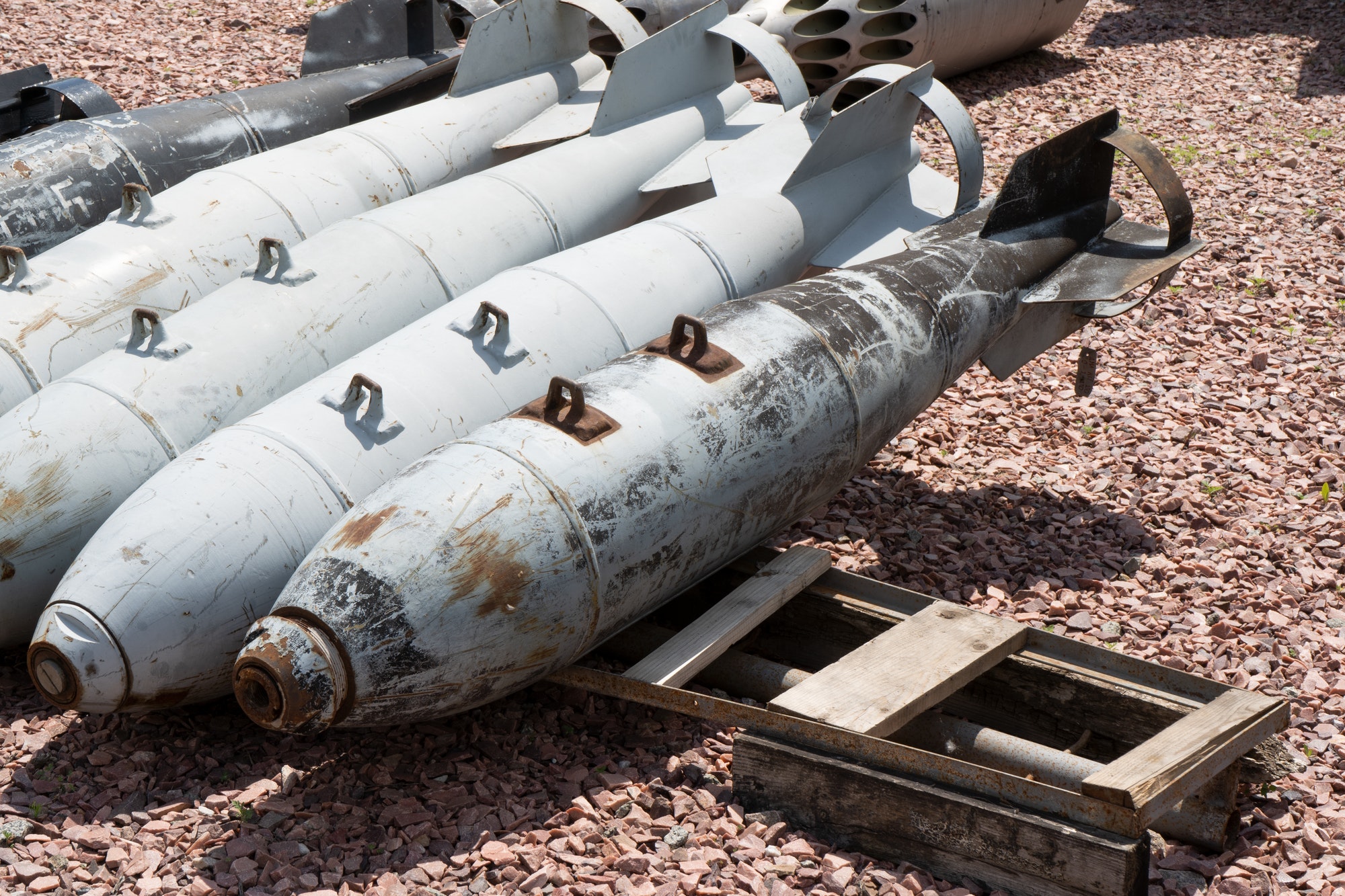What’s Happening with North Korea’s Missiles?
Recently, North Korea has been busy testing ballistic missiles, which is a big deal because it’s like they’re poking at the US and South Korea’s recent plans to strengthen their defenses. They shot off two missiles into the sea near their east coast, but we don’t know how far they went.

The Tests: What We Know
South Korea’s military confirmed these tests happened early on a Monday. Japan also noticed these launches and quickly got their top security people together to figure out what to do.
How the World is Reacting
Japan’s Worries
Japan is really worried about these missiles. They got their National Security Council together fast to talk about it. It shows how nervous North Korea’s neighbors are about what North Korea is up to.
US and South Korea Teaming Up
The US and South Korea are working together to plan for any possible nuclear threats from North Korea. They’re even thinking about practicing nuclear war scenarios in their military drills next summer. North Korea isn’t happy about this.
North Korea’s Military Moves
Not Happy with US-South Korea Plans
North Korea’s military isn’t shy about saying they don’t like the US and South Korea working together. They see it as a threat and are coming up with ways to respond.
Watching from Above
North Korea says they’ve launched a satellite that can take pictures of important places in the US. Meanwhile, South Korea is getting their planes ready to keep a closer eye on things.
Tensions Between North and South Korea
Growing Hostilities
Things are getting more tense between North and South Korea. North Korea is doing stuff that goes against a 2018 agreement they made with South Korea to reduce military tension.
Back to Guard Posts
North Korea is bringing back their border guard posts, which they agreed to remove in 2018. It’s a step back from trying to keep things peaceful in the area.

Frequently Asked Questions (FAQs)
Q1: Why is North Korea testing missiles?
A1: North Korea tests missiles as a way to show its military strength and to respond to what it sees as threats, especially from the US and South Korea. These tests are also a way for North Korea to improve its missile technology.
Q2: How does the world usually respond to these tests?
A2: Countries like the US, South Korea, and Japan usually condemn these tests. They often hold meetings to discuss security and might even increase their military readiness. Sometimes, these tests lead to more sanctions or diplomatic efforts to reduce tensions.
Q3: What are the US and South Korea doing about North Korea’s missiles?
A3: The US and South Korea are working together to strengthen their defense strategies. This includes planning military exercises and considering ways to respond to any nuclear threats from North Korea.
Q4: Has North Korea violated any agreements with these tests?
A4: Yes, these missile tests are often seen as violations of United Nations resolutions. They also go against the 2018 inter-Korean agreement aimed at reducing military tensions.
Q5: Can North Korea actually target the US with its missiles?
A5: It’s unclear how advanced North Korea’s missile technology is, but they claim to have the capability to reach the US. However, there’s a lot of debate among experts about the accuracy and reliability of these claims.
Q6: What does North Korea gain from these actions?
A6: By testing missiles, North Korea aims to strengthen its position in international politics. It’s a way for them to show power and try to negotiate from a position of strength, especially in talks with countries like the US and South Korea.
Q7: Are these missile tests a sign of an upcoming war?
A7: Not necessarily. While these tests do increase tensions, they are often used as a political tool rather than an immediate sign of war. However, they do raise concerns about the stability of the region.
Sources The Guardian


